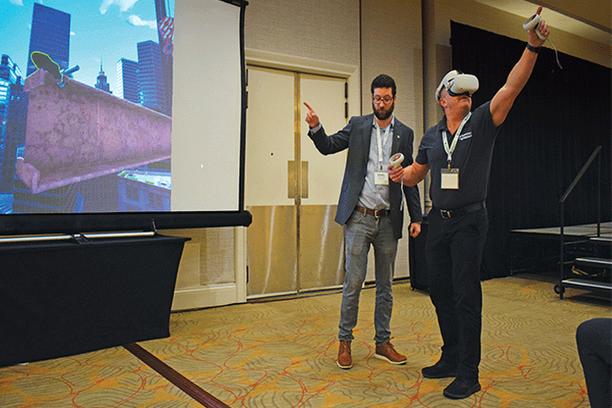Enhancing Training and Safety Accessibility in Propane Companies

In the realm of propane production and distribution, ensuring both quality training and safety protocols are paramount. However, these endeavors often come with their own set of challenges that can hinder the overall efficiency of operations. It’s imperative for propane companies to focus on reducing barriers to quality training and safety to ensure a smooth and secure workflow. Let’s delve into the key aspects of achieving this goal.
Understanding the Challenge
Propane companies operate in high-risk environments where even the slightest oversight can lead to hazardous incidents. Ensuring all employees are well-versed in safety procedures and industry best practices is crucial. Unfortunately, traditional training methods can sometimes prove to be barriers to effective learning and compliance.
Overcoming Language Barriers
One significant hurdle in quality training and safety is the diverse workforce often found in propane companies. Employees from various linguistic backgrounds may struggle to comprehend training materials presented in a language that is not their first. To address this, companies can invest in translated materials and offer training sessions in multiple languages. This effort promotes inclusivity and enhances understanding, leading to improved safety compliance.
Embracing Technological Solutions
Technology advancements have transformed how companies approach training and safety. Propane businesses can leverage interactive e-learning platforms that offer engaging modules and simulations. These digital tools make learning more accessible and convenient, allowing employees to undergo training at their own pace. Interactive quizzes and assessments can be integrated to ensure comprehension and knowledge retention, ultimately leading to a safer workplace.
Mobile-Friendly Training
In an industry that often requires employees to be on the move, mobile accessibility is a game-changer. Offering training materials that are optimized for smartphones and tablets enables employees to learn on the go. This approach proves particularly beneficial for field workers who can access safety protocols and training resources while out in the field, ensuring they are always informed and prepared.
Gamification for Engagement
Traditional training methods can sometimes be monotonous, leading to decreased engagement and retention rates. Gamification injects an element of fun and competition into the learning process. By incorporating game-like elements such as points, badges, and leaderboards, companies can motivate employees to more actively participate in training. This enhances their understanding of safety procedures and fosters a sense of accomplishment and healthy competition.
Real-Life Simulations
Propane companies deal with scenarios that require split-second decision-making. Simulating real-life situations through virtual reality (VR) or augmented reality (AR) training can help employees develop critical thinking skills. These simulations allow employees to experience potentially hazardous situations in a controlled environment, helping them practice their responses without putting themselves at risk. This hands-on approach increases confidence and competence when dealing with actual challenges.
Continuous Learning Culture
Reducing barriers to quality training and safety is an ongoing process. Companies should foster a culture of continuous learning to ensure that employees remain up to date with the latest industry standards and best practices. Regular refresher courses and updates on safety protocols demonstrate a commitment to employee well-being and operational excellence.













